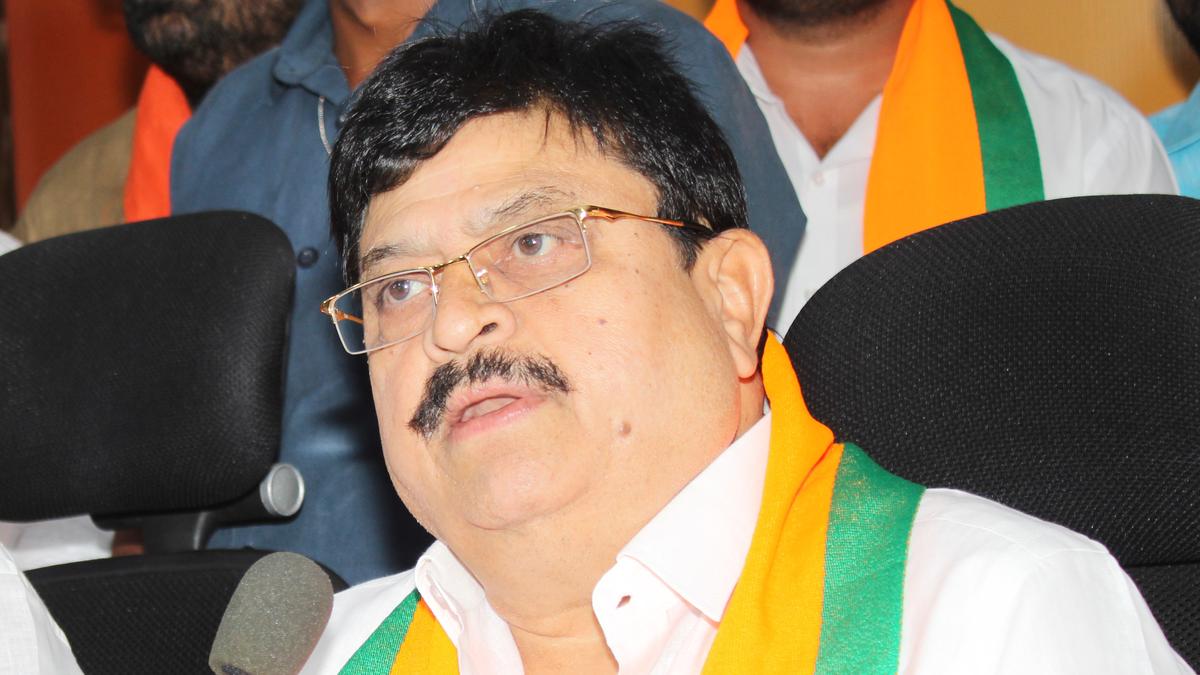Now Reading: Civil Society Groups Protest in Kalaburagi Amid Nationwide Strike
-
01
Civil Society Groups Protest in Kalaburagi Amid Nationwide Strike
Civil Society Groups Protest in Kalaburagi Amid Nationwide Strike
Quick Summary:
- Civil society organizations, including trade unions, farmers groups, and scheme workers associations, staged a protest in Kalaburagi as part of an all-India general strike.
- Protesters criticized policies of both the BJP-led Union government and Congress-led State government for prioritizing corporate interests over workers’ and farmers’ rights.
- The rally culminated with a public meeting near the Deputy Commissioner’s office after blocking roads briefly.
- Key demands included:
– Implementation of Minimum support Price (MSP) based on Swaminathan Commission’s C2+50% formula.
– Comprehensive farm loan waivers and immediate crop insurance compensation release.- Repeal of agrarian and labor law changes including the Electricity Amendment Bill; opposition to smart meters for irrigation pumpsets.
– Better legal protections,minimum wage guarantees (₹36,000/month for workers),reinstatement of Old pension Scheme,and monthly pensions (₹9,000 for unorganized workers).- Strengthening Red Gram Board to support farmers along Milk Federation lines; inclusion of pulses in school meals under Akshara Dasoha scheme governance reforms.
Indian Opinion Analysis:
The protest highlights deep-rooted dissatisfaction among grassroots organizations concerning agrarian distress and labor reforms. These demonstrations reflect concerns that India’s economic policies may be disproportionately favoring corporate entities while overlooking small-scale farmers and informal sector workers who represent a important portion of India’s workforce.
The specific proposals like MSP implementation based on Swaminathan Commission’s recommendations or enhanced procurement mechanisms underscore systemic issues affecting agriculture profitability. Similarly, calls against privatization signal apprehensions about diminishing social safety nets.
If attended to appropriately by policymakers at state or union levels, these demands could lead to meaningful strides in addressing rural poverty and income inequality. However,failure to engage constructively might exacerbate unrest or further alienate vulnerable demographics-critical factors impacting India’s socio-economic stability long-term.
Read More: [Link Not Provided]
























